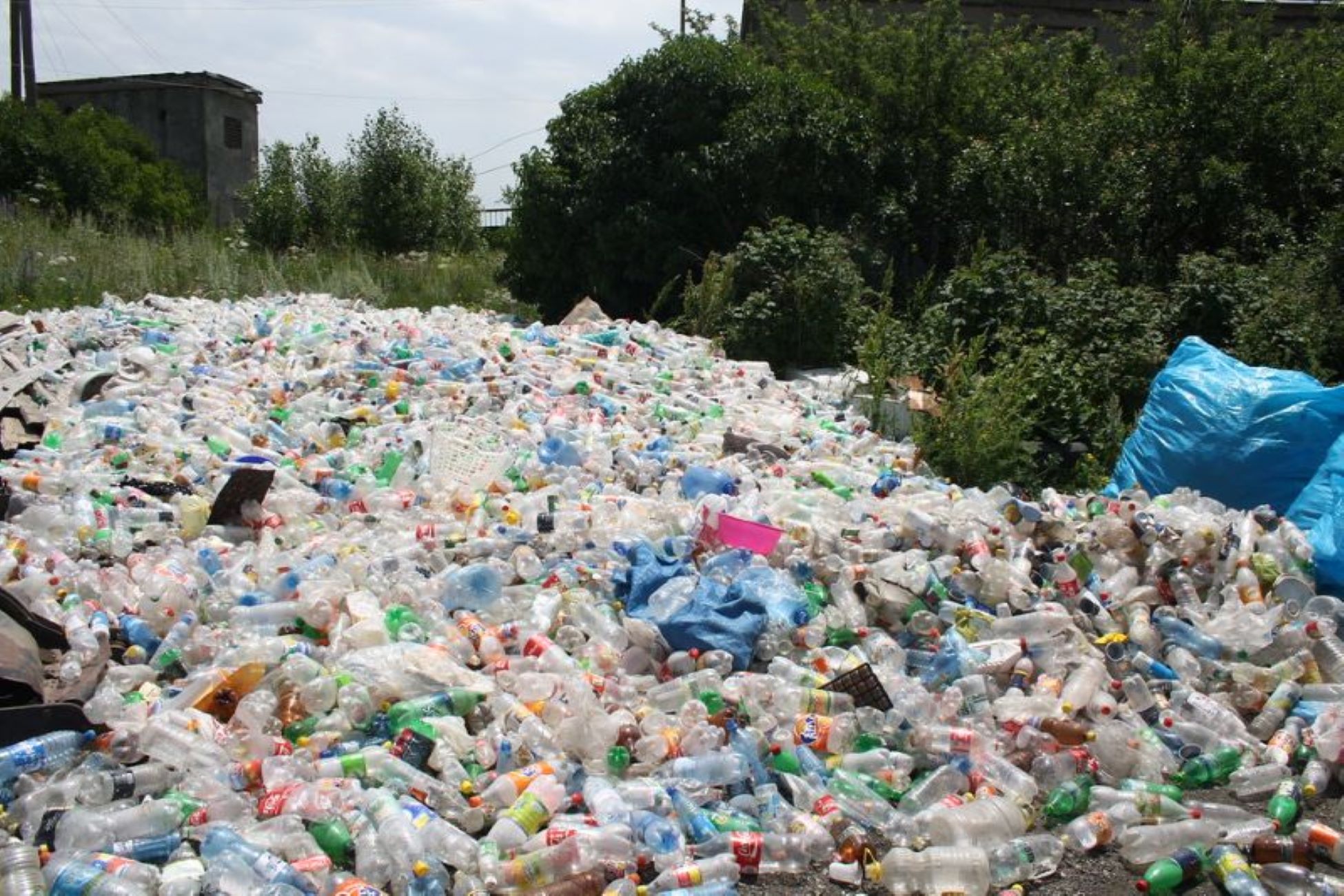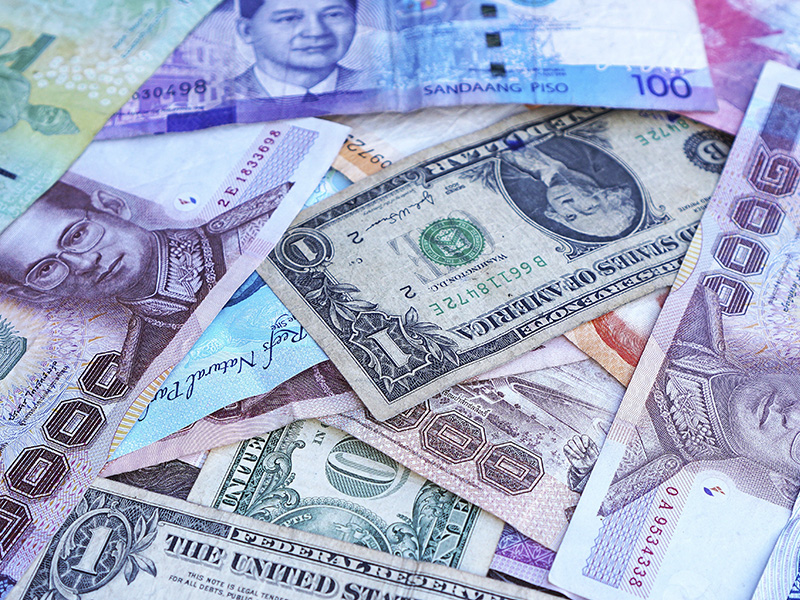Amidst the negative news circulating during the initial outbreak of the Covid-19 pandemic, a conciliatory positive was the reduction in carbon emissions and air pollution. A positive result of national lockdowns and shutdowns was the growing number of reports that carbon emissions were down by 8.8% during the first half of 2020 compared to the same period last year, while reductions in air pollution saved tens of thousands of lives. Yet carbon emissions, for the most part, returned to 2019 levels as restrictions began to lift during the summer. Moreover, the reductions achieved by locking down billions were merely a fraction of the effort needed to ensure that atmospheric temperatures do not increase above 1.5° Celsius. The linkage between Covid-19 and the environment does not simply end there. A grave and apparent side effect of the pandemic is the exponential increase in non-recyclable waste that will inevitably result in a plastic pollution crisis felt years after the pandemic has passed.
As readers are aware, the Covid-19 pandemic has resulted in a significant increase in the usage of one-time-use products. Although PPE, including masks and gloves, is the most notable example, non-recyclable plastic use has also risen due to takeaway food packaging and online shopping. Moreover, many reusable items have been shunned due to sanitary concerns, meaning some establishments offer products in single-use containers only. South Korea provides a stark example. In 2019, the central government announced a policy to fine cafes that provide single-use plastic cups, to eliminate them by 2027. In February, the government relaxed this policy, reversing gains made previously. The numbers connected to this plastic waste are astonishing. Singaporeans, during their 8-week lockdown, generated 1400 tons of plastic waste from takeaway and deliveries alone. In China, face mask production increased 12-fold in February, with 116 million masks produced daily. Though the data is less clear for the US, the Chinese trends would mean that the US will produce an amount equivalent to its yearly medical waste every two months. It is estimated that globally, this will result in an estimated 129 billion masks per month being used globally – enough to cover the surface of Switzerland every year. Though some of this waste can be recycled depending on the capacity of the local waste management system, the pandemic is straining recycling systems and the broader movement to reduce single-use plastic worldwide.
This calamity is exacerbated by other Covid-19-related factors. Cheap oil prices, resulting from the Covid-induced lower transportation demand, means that oil-based plastics are cheaper than ever to produce. This disincentivizes the recycling or the sourcing of plastics from sustainable sources such as seaweed. In addition, recycling worldwide, a process more expensive than landfilling or incineration, is seeing its budget cut. Recyclers have reported business reductions by more than 20% in Europe, by 50% in parts of Asia, and as much as 60% for some firms in the United States. Thus, as a culmination of all of the above, 2020 is expected to produce 30% more non-recycled waste than 2019.
Yet, a solution is within reach. Before Covid-19, immense progress had been made through countless policies at the local, national, or corporate level reducing plastic waste. Contributing to the excess amount of waste resulting from the pandemic is the reactionary nature of the world’s pandemic response. Single-use masks, gloves, and takeout containers were the quickest and most effective solutions to an immediate problem. Yet presently, as economies are recovering from the initial shock while awaiting a vaccine, these policies, now suspended, can be mainstreamed into global Covid-19 recovery plans. Reusable masks, rather than disposable ones, can be distributed on a national scale. Incentives can be created for bringing reusable takeout containers to restaurants before the pandemic. Large grocery delivery companies can invest in recyclable materials, an initiative that can be funded through Covid support plans (along with the recycling industry in general).
Covid-19 will not be the immediate boon to the environment that many had hoped during the beginning of the pandemic – but it does not have to reverse progress either.
Featured Image: “An estimated 5,000 to 6,000 tons of plastic waste is generated each year in Armenia – and growing.” by UNDP in Europe and Central Asia via SearchCreativeCommons.org. Licensed under CC BY-NC-SA 2.0.
Disclaimer: Any views or opinions expressed in articles are solely those of the authors and do not necessarily represent the views of the NATO Association of Canada.




